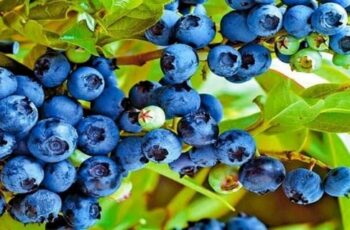Ad Blocker Detected
Our website is made possible by displaying online advertisements to our visitors. Please consider supporting us by disabling your ad blocker.
There are some vegetables that simply grow better, faster, and more abundantly in pots! For this reason, we have decided to gather the best 20 vegetables to grow in pots. This doesn’t require garden space, so even if you live in an apartment, a balcony should be more than enough to grow any of these!
Vegetables to Grow in Pots
#1. TOMATOES
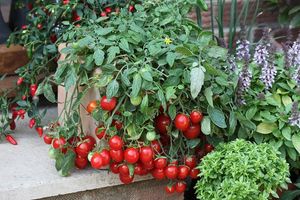
Tomatoes, one of the best and easiest plants to grow in a pot, can bear a large amount of fruit in a short time. Just make sure they get plenty of sun, around 5-6 hours a day.
#2. BEANS

Beans are climbers, so they need a lot of ground space. Once you plant beans, make sure they have a trellis or fence to climb on, and that they get 5-6 hours of sun a day. The pot must be at least 12 inches deep. If you are growing beans in a larger pot, you can also combine them with kale and celery.
#3. LETTUCE
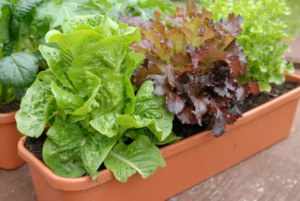
Lettuce grows super fast and will produce lots of stems! Plant your lettuce either in the spring or winter (if you live in a warm climate!). Make sure to space it at least 4 inches from each plant and plant it in large pots.
#4. BROWN PEPPERS
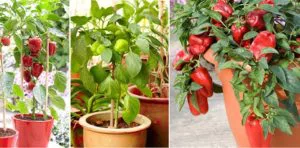
Bell peppers and chili peppers love to be grown in pots, but you just need a lot of them! The pots will look beautiful and you’ll have plenty of peppers in no time! Make sure to grow peppers in a pot that is at least 12 inches deep.
#5. EGGPLANT
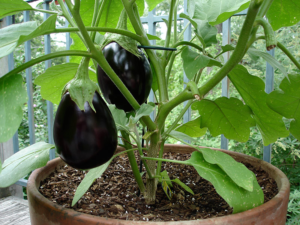
Eggplants need large pots, this is because they are very susceptible to pests, they prefer pots! Keep them in full sun and grow them in the summer – eggplants love heat, and this makes them ideal for growing in hot climates.
#6. RADISHES
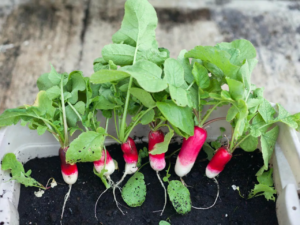
Radishes are one of the easiest vegetables to grow in a pot because they don’t take up a lot of space and can be harvested pretty quickly! They need small but wide pots, so a pot that is about 6 inches deep will work perfectly for small varieties, while a larger pot is needed for large varieties.

